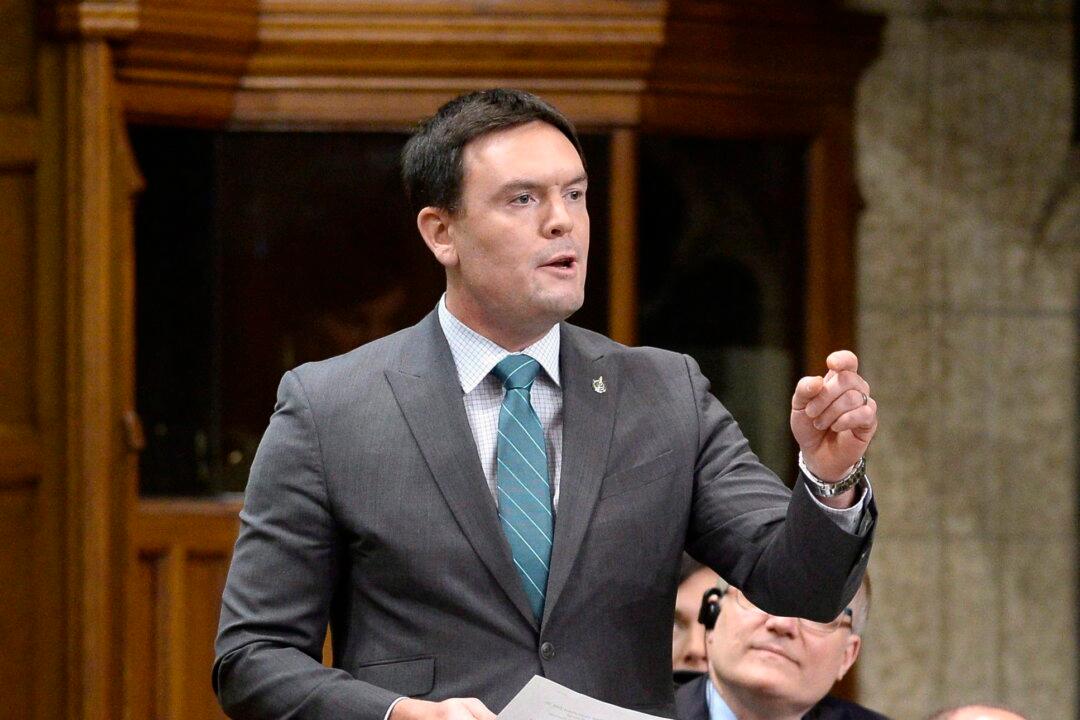A House of Commons committee meeting on Dec. 13 on the government’s controversial gun bill got tied up over proposals to extend the number of meetings to hear from more witnesses. But not before both NDP and Conservative MPs hammered the federal government on how it has handled the process.
Some MPs on the Public Safety Committee wanted additional meetings on the amendments to Bill C-21, including travel to northern locations to hear directly from indigenous hunters and others.





